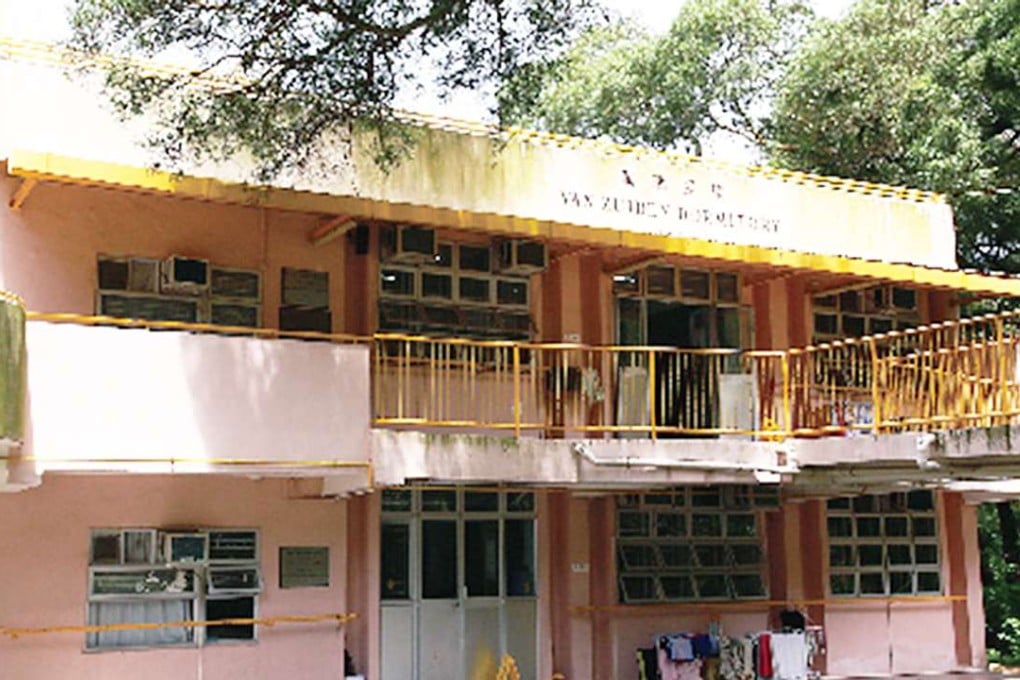‘The children understand what is happening’: Lantau special school head appeals for respect after pupils labelled ‘drug users’ and ‘gangsters’
Controversial plan to move special-needs school is passed despite opposition from local principal who branded pupils ‘drug users and gangsters’

A plan to relocate a school for boys with emotional and behavioural problems from South Lantau to Tuen Mun has been passed by the Legislative Council’s panel on education, after the city’s education minister appealed for support from the public.
The move comes after the principal of Yan Oi Tong Chan Wong Suk Fong Memorial Secondary School, a mainstream school in Tuen Mun, last month submitted to the Education Bureau his opposition to the special-needs school’s relocation, calling on the bureau to “seriously and justly evaluate” the impact of this type of school on residents.
The principal came under fire for only citing in the letter the worst descriptions in the bureau’s identification guidelines of students with emotional and behavioural issues, such as associating these pupils with drug users and gangsters.
But yesterday the relocation approval included a show of support from Michael Tien Puk-sun, deputy chairman of the New People’s Party, and Wong Kwok-hing, a member of the Federation of Trade Unions.
Tien said his party fully supported the proposal, adding he “saw no reason not to”, after Kevin Yeung Yun-hung, undersecretary for education, pointed out that residents living near the other six such schools in the city had not been affected by their presence.